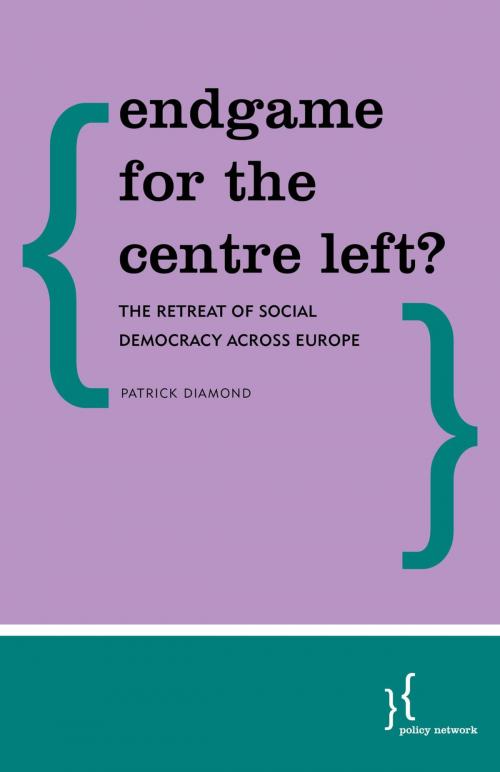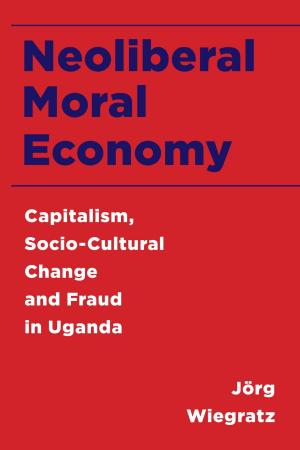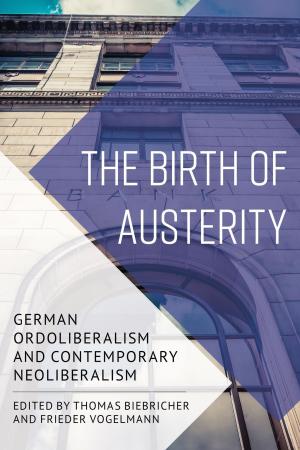Endgame for the Centre Left?
The Retreat of Social Democracy Across Europe
Nonfiction, Social & Cultural Studies, Political Science, Government, Social Policy| Author: | Patrick Diamond | ISBN: | 9781786602831 |
| Publisher: | Rowman & Littlefield International | Publication: | October 25, 2016 |
| Imprint: | Policy Network | Language: | English |
| Author: | Patrick Diamond |
| ISBN: | 9781786602831 |
| Publisher: | Rowman & Littlefield International |
| Publication: | October 25, 2016 |
| Imprint: | Policy Network |
| Language: | English |
After a period of electoral dominance, centre-left parties in western Europe have suffered a dramatic erosion of support; the vote share enjoyed by social democrats is at its lowest ever level. Social democracy stands at a point of great promise, but also peril.
This book explores these themes and argues that to write off centre-left politics now would be a great mistake. It counters the idea that social democratic values have been rejected by voters. The ideal of solidarity and the need to forge bonds of connection in a volatile, interdependent world is as compelling as it always was.
At the same time, the centre left clearly faces difficulties: ‘the forward march of labour’ has been abruptly halted while declining trust in politics adds to the problem of constructing viable electoral coalitions. The UK’s decision to vote to leave the European Union is symptomatic of societies throughout Europe that are irreparably divided between voters who embrace economic change and openness, and those who are opposed to it.
Social democracy has to find new ways to build bridges between ‘open’ and ‘closed’ communities by updating public institutions and policies, just as socialist parties did in the immediate aftermath of the second world war.
After a period of electoral dominance, centre-left parties in western Europe have suffered a dramatic erosion of support; the vote share enjoyed by social democrats is at its lowest ever level. Social democracy stands at a point of great promise, but also peril.
This book explores these themes and argues that to write off centre-left politics now would be a great mistake. It counters the idea that social democratic values have been rejected by voters. The ideal of solidarity and the need to forge bonds of connection in a volatile, interdependent world is as compelling as it always was.
At the same time, the centre left clearly faces difficulties: ‘the forward march of labour’ has been abruptly halted while declining trust in politics adds to the problem of constructing viable electoral coalitions. The UK’s decision to vote to leave the European Union is symptomatic of societies throughout Europe that are irreparably divided between voters who embrace economic change and openness, and those who are opposed to it.
Social democracy has to find new ways to build bridges between ‘open’ and ‘closed’ communities by updating public institutions and policies, just as socialist parties did in the immediate aftermath of the second world war.















